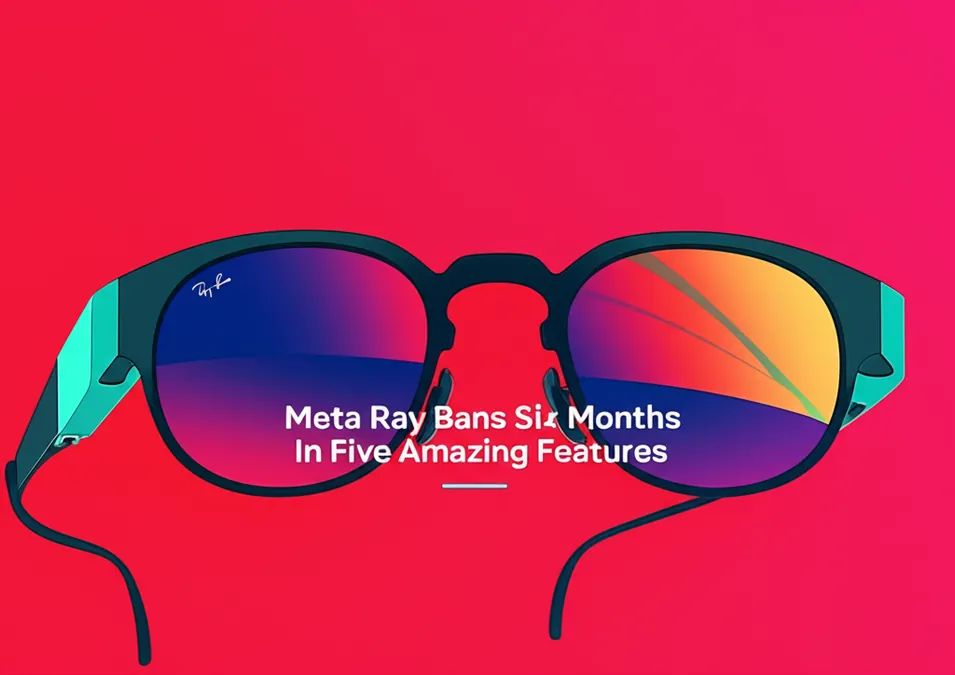Developer Offer
Try ImaginePro API with 50 Free Credits
Build and ship AI-powered visuals with Midjourney, Flux, and more — free credits refresh every month.
ChatGPT Court Order Sparks Massive User Privacy Concerns
A critical meeting is scheduled for tomorrow as Magistrate Judge Ona T. Wang of the U.S. District Court for the Southern District of New York will host an in-person conference. This meeting involves parties from the ongoing copyright lawsuit, New York Times Co. v. OpenAI. The focus of this confidential settlement conference is a highly disputed discovery order issued by the court. This order mandates OpenAI to indefinitely preserve all chat outputs from its AI model, ChatGPT.
Unprecedented Privacy Risks for Millions of Users
This court order extends beyond a typical legal dispute, directly impacting the data of an estimated 400 million ChatGPT users. This includes information contained in temporary chats and even chats that users have previously deleted, believing them to be gone permanently.
The court's directive to preserve such a vast trove of user conversations, under the premise that some might contain copyrighted material from The New York Times, is viewed by critics as a dangerously disproportionate measure relative to the needs of a single copyright case.
ChatGPT users have made specific privacy choices regarding their chat histories, such as marking them for deletion or utilizing "temporary" chat features. They reasonably expect these choices to be honored. Users do not anticipate their private conversations—spanning sensitive topics from personal health and business strategies to intimate life details—being stockpiled for potential use by a private litigant. This situation inherently leaves their personal data more vulnerable to potential misuse or abuse.
OpenAI Proposes a Middle Ground
In reaction to the court's order, OpenAI has put forward a proposal for a sampling process. This process aims to evaluate the relevance of chat logs that users have not marked for deletion against those that are. The objective is to ascertain whether logs that would typically be deleted under normal user preferences are genuinely essential to preserve for the lawsuit. The conference tomorrow is intended to facilitate an agreement between the parties on an approach to this sampling.
Seeking a Balance Between Legal Needs and User Privacy
The upcoming conference presents a crucial opportunity for the court and the involved parties to collaborate. They must work to carefully weigh the discovery needs of the lawsuit against the significant and unprecedented privacy impact that the court’s broad preservation order would impose.
Urgent Call for Robust Data Protection Measures
If the preservation order is to be implemented in anything resembling its current form, it is imperative that the court and the parties establish a comprehensive and airtight protective order. This order must clearly define robust requirements, including:
- Providing clear and thorough notice to all affected users.
- Implementing stringent security measures to protect the stored data.
- Strictly limiting the use of these personal records to narrowly defined purposes.
- Establishing a limited duration for the storage of this intensely personal information.
A Dangerous Precedent for Digital Privacy
The Center for Democracy & Technology (CDT) has consistently argued that extensive mandatory data retention by digital service providers, even for law enforcement purposes, poses an unacceptable and indiscriminate risk to users. Reflecting these concerns, Congress has repeatedly chosen not to pass such legislation. The argument is compelling: if such data retention schemes are considered too hazardous a tool even when aimed at combating criminals and terrorists, then they are certainly far too dangerous to be imposed in the context of a copyright infringement lawsuit. This case highlights a critical tension between legal processes and the evolving landscape of user privacy in the digital age.
Compare Plans & Pricing
Find the plan that matches your workload and unlock full access to ImaginePro.
| Plan | Price | Highlights |
|---|---|---|
| Standard | $8 / month |
|
| Premium | $20 / month |
|
Need custom terms? Talk to us to tailor credits, rate limits, or deployment options.
View All Pricing Details

